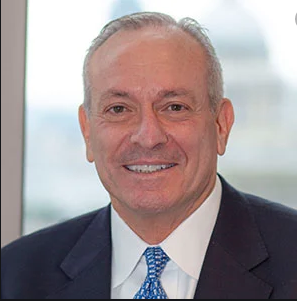Not your grandparents’ retirement? Actually, it is.
A little-reported finding from Schroders’ recent US Retirement Survey 2023 is that Millennials are inexplicably investing in much the same way as their grandparents.
The surprising fact doesn’t bode well for the younger generation, which should (generally) be much more aggressive in their allocations given their time to retirement.
A look at the results finds almost an exact match in equity, fixed income, and cash:
Millennials Boomers (70-plus)
Equity 30% 29%
Fixed Income 16% 17%
Cash 35% 37%
“It's a fascinating thing,” Joel Schiffman, Head of Strategic Partnerships at Schroders, said. “You could probably speculate on several of the reasons why, but the average asset allocation, at least according to our survey of millennials, showed that they have nearly a little over a third of their assets in the retirement plan sitting in cash. They fear losing their money.”
In fact, the reason the majority give for holding so much cash in their retirement accounts is safety—62% of working millennials and 66% of older workers say they have so much cash because they are afraid of losing too much money if the stock market goes down.
Pandemic-driven volatility, rising interest rates, and increased stock/bond correlations are possible culprits, Schiffman added, and it’s worrisome.
“It's one thing to be going into retirement and your age 60; the sequence of returns can be much more catastrophic on the impact of what your dollars are,” he said. “But when you're a millennial or younger, you've got all kinds of time to make up for the shortfall. We've all seen the statistics; it's the time that you're in the market, not timing the market, that bears fruit.”
Not surprisingly, more than half of respondents are looking for guidance or advice. While they primarily look to family, financial websites/publications, and their financial advisor, they listed their employers as well, a burden that now falls to plan sponsor. What can and will they provide?
“Financial wellness at the very least,” Schiffman concluded. “It speaks massively to that because financial wellness allows for customization and personalization, which is key. That's sort of what managed account solutions are focused on that personal journey, but you have to have a plan for getting into that journey.”

